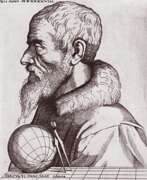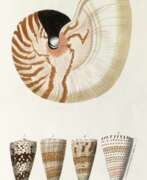Mathematicians Austria
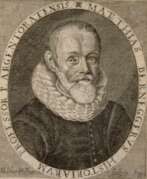

Matthias Bernegger (latin: Bernegerus or Matthew) was an Austrian and French scientist, astronomer, mathematician, linguist and translator.
He was educated in Strasbourg, where he developed a special interest in astronomy and mathematics. Bernegger corresponded with the famous scientists Johannes Kepler and Wilhelm Schickard. From 1607, Bernegger taught at the Strasbourg Gymnasium, and in 1616 he was appointed professor at the Academy.
Bernegger is known for his translations of Justinian and Tacitus, and in 1612 translated into Latin Galileo's 1606 work on the proportional compass, adding considerably to it. These additional detailed annotations by Bernegger made Galileo's compass much easier to use, making it the first mechanical calculating device that could be applied to a wide variety of complex problems. In 1619 Bernegger prepared a three-volume manual of mathematics, and in 1635 he translated Galileo's Dialogue on the Two Mass Systems of the World.
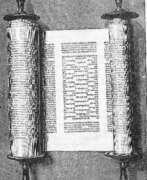

Paolo Ricci (Italian: Paolo Ricci, Latin: Paulus Ricius, German: Paul Ritz), also known as Ritz, Riccio, or Paulus Israelita, was a humanist convert from Judaism, a writer-theologian, Kabbalist, and physician.
After his baptism in 1505 he published his first work, Sol Federis, in which he affirmed his new faith and sought through Kabbalah to refute modern Judaism. In 1506 he moved to Pavia, Italy, where he became a lecturer in philosophy and medicine at the university and met Erasmus of Rotterdam. Ricci was also a learned astrologer, a professor of Hebrew, philosophy, theology, and Kabbalah, a profound connoisseur and translator of sacred texts into Latin and Hebrew, and the author of philosophical and theological works.
Paolo Ricci was a very prolific writer. His Latin translations, especially the translation of the Kabalistic work Shaare Orach, formed the basis of the Christian Kabbalah of the early 16th century.
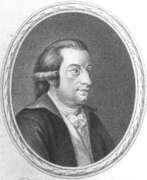

Franz Xaver Freiherr (from 1801) von Zach, Baron (Hungarian: Zách János Ferenc) was an Austro-German astronomer, surveyor, mathematician, science historian and officer of Hungarian origin. He rendered outstanding services in the exploration of the solar system and the organization of international astronomy, after whom a lunar crater (Zach) and an asteroid ((999) Zachia) were named, among others. He was also the founder of the first scientific journals and organised the first astronomical congress in 1798.
